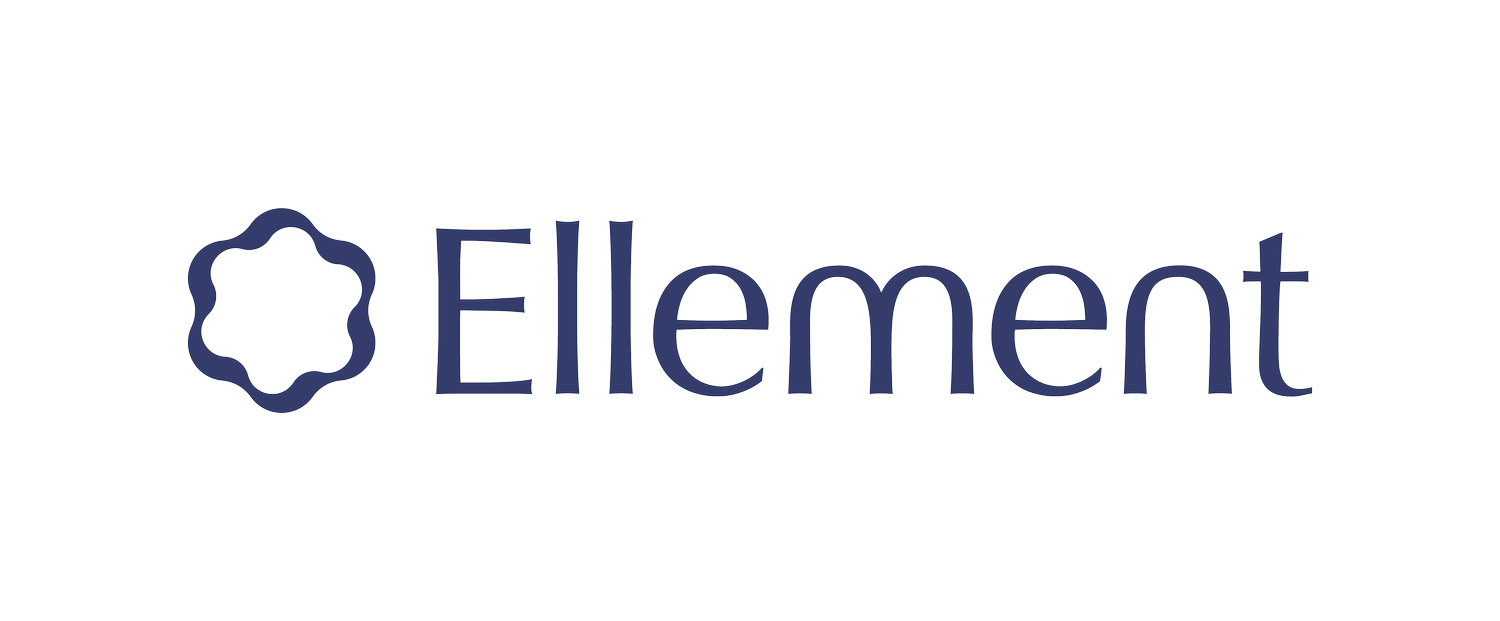Thyroid dysfunction affects 5% to 7% of pregnancies.
Source: Differences in diagnostic criteria mask the true prevalence of thyroid disease in pregnancy. Thyroid. 2019 Feb.
Thyroid FAQs
-
The thyroid gland plays a crucial role in regulating numerous bodily functions, including metabolism, growth, development, and energy levels. Thyroid dysfunction refers to any abnormality or disruption in the function of the thyroid gland, which can lead to an imbalance in the production of thyroid hormones.
Thyroid dysfunction can manifest in two primary forms: Hypothyroidism (when the thyroid gland doesn't produce enough thyroid hormones) and Hyperthyroidism (when thyroid gland that produces an excess of thyroid hormones).
-
Hypothyroidism can result from various causes, such as autoimmune conditions (like Hashimoto's thyroiditis), thyroid surgery, radiation therapy, certain medications, or iodine deficiency. Symptoms often include fatigue, weight gain, sensitivity to cold, constipation, dry skin, depression, and cognitive difficulties.
-
Symptoms of hyperthyroidism can include weight loss, rapid heartbeat, anxiety, irritability, tremors, heat intolerance, and increased sweating. The most common cause of hyperthyroidism is Graves' disease, an autoimmune disorder. Other causes may include thyroid nodules or inflammation of the thyroid gland (thyroiditis).
-
Thyroid dysfunction requires proper diagnosis through medical evaluation, including blood tests to measure levels of thyroid hormones (such as TSH, T3, and T4). Treatment options depend on the specific condition and may involve medication (such as hormone replacement therapy or anti-thyroid medications), radioactive iodine therapy, surgery, or other interventions. Management of thyroid dysfunction typically involves working closely with a healthcare provider or an endocrinologist to find the most appropriate treatment plan for the individual's specific condition.
-
Thyroid dysfunction can have significant implications for both pregnancy and fertility. Untreated or poorly controlled hypothyroidism may contribute to difficulties in conceiving, while high levels of thyroid hormones can interfere with ovulation, resulting in irregular or absent menstrual cycles and decreased fertility.
Thyroid hormones play a crucial role in regulating menstrual cycles and ovulation. When thyroid hormone levels are imbalanced, it can disrupt normal ovulation and menstrual function, potentially leading to irregular or absent periods and reduced fertility.
Thyroid hormones are also vital for the healthy development of the fetus, particularly during the early stages of pregnancy. Untreated or inadequately managed thyroid dysfunction during pregnancy may increase the risk of complications, such as miscarriage, preterm birth, low birth weight, preeclampsia, anemia, and developmental challenges for the baby.
How Does Ellement Approach Iodine Supplementation for Individuals with Thyroid Dysfunction?
Customization is key
The CDC recommends that prenatal supplements contain 150 mcg of Iodine daily for pregnant and lactating individuals, hence the majority of brands include this level of Iodine without considering the unique needs of individuals with thyroid dysfunction. Ellement’s modular design, with a variety of capsules in each daily packet, allows for complete customization of Iodine dosage, whether it should be entirely removed or augmented.
Partnership with MDs
For individuals with hypothyroidism, excessive iodine intake can disrupt thyroid function and exacerbate symptoms, and for individuals with hyperthyroidism, excessive iodine intake can potentially worsen the condition. The decision to add or remove supplementary iodine for hypothyroidism or hyperthyroidism should be made in consultation with a healthcare provider, and Ellement can package daily supplements with or without iodine based on the unique requirements of each case.
Improving treatment compliance
Iodine supplementation can undermine the effectiveness of certain thyroid treatments, such as radioactive iodine therapy or radioiodine therapy (AI) for hyperthyroidism. To optimize the success of radioactive iodine therapy, it is most often recommended to discontinue iodine supplements and avoid high-iodine foods before the treatment. Ellement supports the ability of individuals to comply with the guidance of healthcare providers.
Testimonial
"I was feeling so overwhelmed searching for a prenatal supplement that met my specific needs after my doctor advised me to avoid iodine due to my hypothyroidism. It seemed like every option on the market included iodine. Thankfully, I discovered Ellement and it has been a game-changer for me. Ellement gets the diverse needs of pregnant individuals and offers a comprehensive prenatal solution with the option to remove iodine, allowing me to follow my doctor's advice while still receiving all essential nutrients. Their commitment to providing a safe and tailored approach to prenatal health is truly remarkable!”
- Ellement Customer
Learn More




